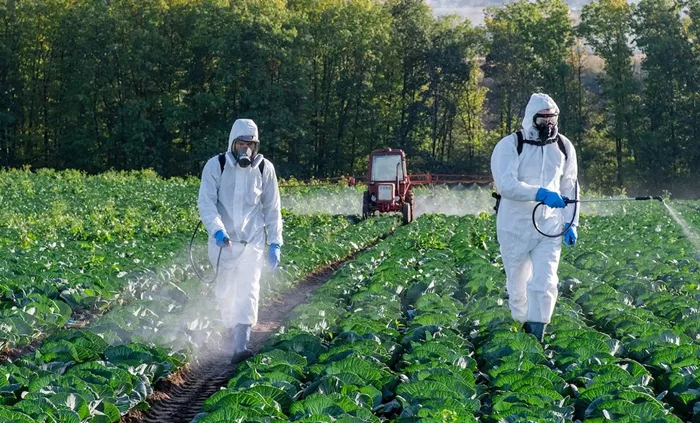A new report by the non-profit Environmental Working Group (EWG) has identified the foods most contaminated by pesticides. The findings, part of EWG’s annual “Dirty Dozen” list, are based on the latest government data on pesticide residues found on non-organic produce.
The Dirty Dozen highlights the 12 fruits and vegetables most likely to contain pesticides. According to the report, 95% of the produce samples on the list had pesticide residues. While the EWG emphasizes that people should continue to eat fruits and vegetables for their health benefits, the list is meant to help consumers decide when to consider buying organic options.
The “Dirty Dozen” for 2025
These foods showed the highest pesticide levels by weight:
- Spinach
- Strawberries
- Kale (including mustard greens and collards)
- Grapes
- Peaches
- Cherries
- Nectarines
- Pears
- Apples
- Blackberries
- Blueberries
- Potatoes
The “Clean 15”
These fruits and vegetables had the lowest pesticide levels:
- Pineapple
- Sweet corn
- Avocados
- Papaya
- Onions
- Frozen sweet peas
- Asparagus
- Cabbage
- Watermelon
- Cauliflower
- Bananas
- Mangoes
- Carrots
- Mushrooms
- Kiwi
Why Some Foods Retain More Pesticides
Soft-skinned fruits like strawberries and blackberries can absorb pesticides more easily. “Their porous skin makes it hard to wash off chemicals,” explained Dr. Darin Detwiler, a food safety expert at Northeastern University. Potatoes, though covered by a peel, can absorb pesticides from the soil, he added.
How Much Should You Worry?
Experts say the health risks from pesticide residues in food are low. “Pesticide residues are regulated and typically fall within safe limits,” said dietitian Keri Gans. The greater concern, she noted, is that many people do not eat enough fruits and vegetables.
However, long-term exposure, especially in children, pregnant women, or those with weakened immune systems, could be more concerning. “The risk is from chronic exposure, not from eating a single serving,” said Dr. Detwiler.
Are Organic Foods Safer?
Organic produce usually contains lower pesticide levels, though it isn’t pesticide-free. Organic farmers use different, often less toxic, pesticides. Still, “organic does not automatically mean safer or more nutritious,” said Dr. Wade Syers, a food safety specialist at Michigan State University.
How to Reduce Pesticide Exposure
Experts recommend:
- Washing produce thoroughly under running water
- Scrubbing firm fruits and vegetables with a brush
- Peeling or removing outer leaves when possible
“Washing reduces pesticide residues but doesn’t remove them completely, especially if they are inside the plant,” said Dr. Detwiler.
He stressed that eating any kind of produce — organic or conventional — is better than skipping fruits and vegetables altogether.
Related topics:


